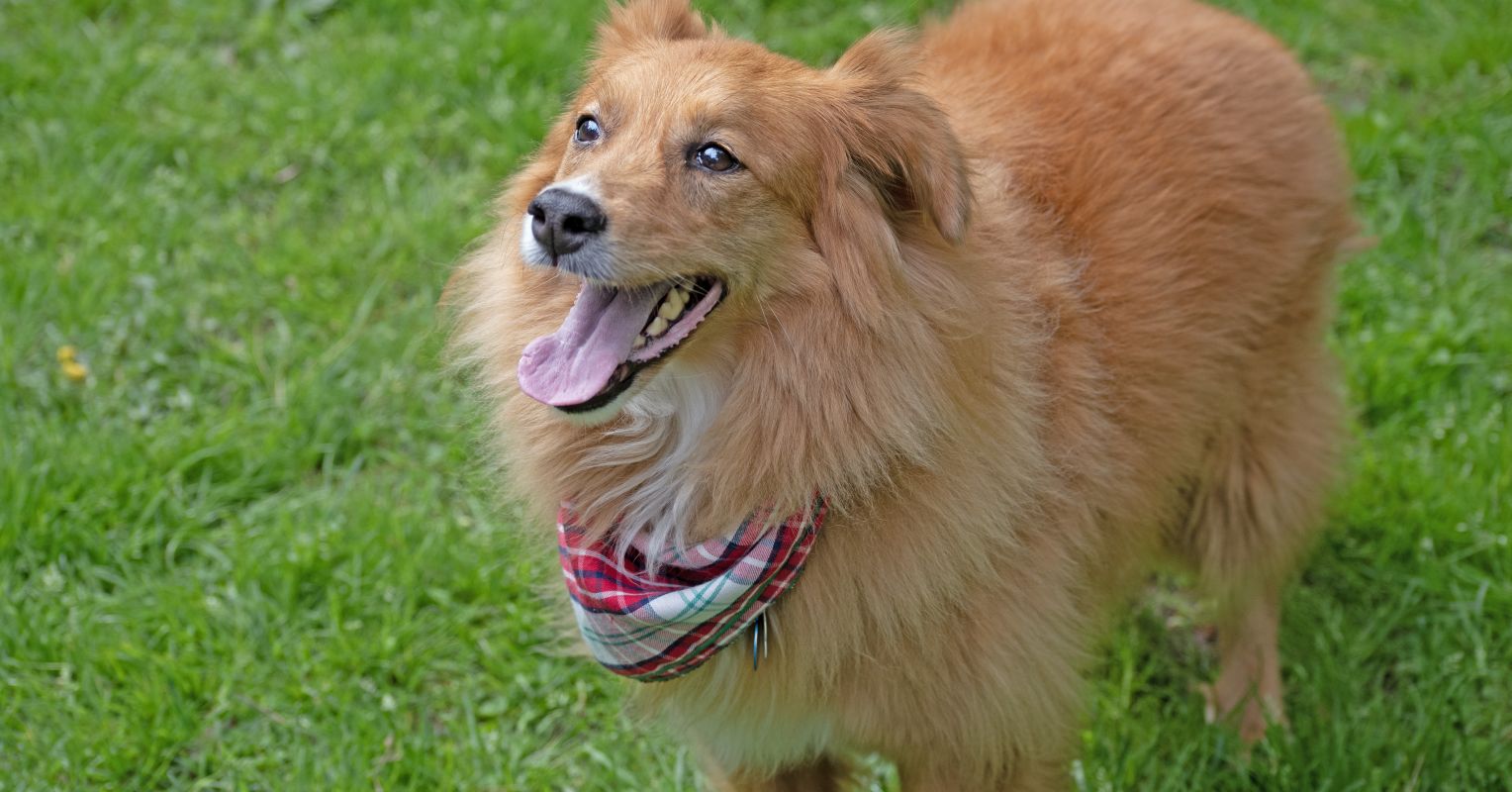The Emotional Landscape of Pet Ownership and Immigration
Recently, I shared a post inviting people to discuss their relationships with their pets and the profound impact of this bond on their lives. My goal was to explore what it’s like to move with a pet to another country. In conversations with Brazilian immigrants, I found that what began as informal interviews soon transformed into powerful, emotional exchanges filled with stories of love, loss, and resilience. As a researcher and clinician, I knew some of the themes we’d explore would include connection, emotional support, and the challenges of relocation. However, what I discovered also involved grief, trauma, and the psychological complexities tied to separation from beloved animals.
Bringing One, Leaving One Behind
When I moved to Canada, I had two dogs: Pantro and Lisa. Pantro accompanied me on my move from Brazil in 2018, and his presence was crucial for me during the transition. At the outset of the pandemic, he was literally the only being I could touch and see regularly. With social distancing measures and border restrictions in effect, I spent 11 months away from my family while working remotely. During this challenging time, Pantro provided grounding; his stability reminded me of the deep psychological role a pet can play as a constant attachment figure.
In 2021, I was finally able to bring my second dog, Lisa, to Canada. Although I knew it was her looking at me, something felt off. Our bond remained intact, but I couldn’t shake the feeling that time apart had created an invisible distance. A deep guilt settled within me, one that compels me still despite knowing she was well cared for by my family. This sentiment echoed in an interview I conducted with another woman who left her dogs with her parents. She poignantly articulated the heaviness of abandoning beloved companions, a pain marked by the absence of their presence in daily life.
What Their Stories Revealed
The conversations revealed deeper emotional layers among the women I spoke with. Some recounted childhood experiences of losing pets, often through rehoming, leaving emotional scars that influenced their adult relationships with animals. For many, being able to bring their pets along during immigration was not just about companionship; it was a way to reclaim part of themselves that had been injured by past losses.
Immigration can be highly disorienting. There are numerous logistical obstacles—finding housing, adjusting to new jobs, and learning unfamiliar systems. However, beneath these challenges lies a psychological toll that is often overlooked. Participants expressed the complexities of grief stemming from separation, disconnection from familiar people and spaces, and the emotional vulnerability that comes with starting over in a new country.
Despite these hurdles, the presence of pets offers a poignant sense of constancy and belonging. For those with elderly pets, the fear of losing them can provoke significant stress, often linked to the worry of losing their connection to home. One woman conveyed her emotional instability, profoundly affected by the thought of her pet’s potential loss.
Throughout the interviews, themes of emotional support emerged consistently. Many women expressed sentiments like, “She gives me a sense of home,” and “Without her, I wouldn’t have made it.” Pets have the power to help regulate emotions during difficult times. For instance, one woman described her frustration when her professional qualifications weren’t recognized in Canada. Her dog was not only a source of comfort; it served as motivation during a challenging period of her life. Another woman revealed that her pet had supported her mental health during a tough phase, providing the necessary impulse to face each day.
The Overlooked Pain of Leaving Pets Behind
Despite the critical role pets play in providing companionship and comfort, this aspect is frequently overlooked in discussions surrounding migration. Often, we focus on the heartbreak of leaving behind communities, family traditions, and cultural identities, but the emotional impact of parting from a pet can be equally profound. The societal judgments surrounding such decisions—whether it’s traveling solo with a pet or leaving one behind—add another layer of complexity.
Several women described the scrutiny they faced, whether for risking a long journey with their pets or for making the heart-wrenching decision to leave them with loved ones. These stories highlight how guilt often shadows the emotional benefits pets provide, creating a duality of comfort and remorse.
The Weight of Love and the Shadow of Guilt
A recurring theme in the narratives shared was the interplay between comfort and the accompanying guilt of separation. Reflecting on my own experience with Pantro, our unbroken companionship helped me navigate his eventual passing in 2021. Despite the pain, I found solace in knowing we had made the most of our time together, free from guilt.
Conversely, even after four years of sharing daily life with Lisa, I carry an unsettling feeling regarding the time we spent apart. The hidden grief and lingering guilt echo in the stories I heard from others, revealing the need for empathy towards those left behind. Pets undeniably serve as crucial attachment figures, offering stability during times of upheaval. One woman articulated this succinctly: having your pet by your side amidst new and uncertain circumstances can create a profound sense of home.
These stories also serve as a reminder to provide support and understanding to those grappling with the emotional pain of separation, allowing them the space to grieve their losses while recognizing the significant role their pets play in their lives.



